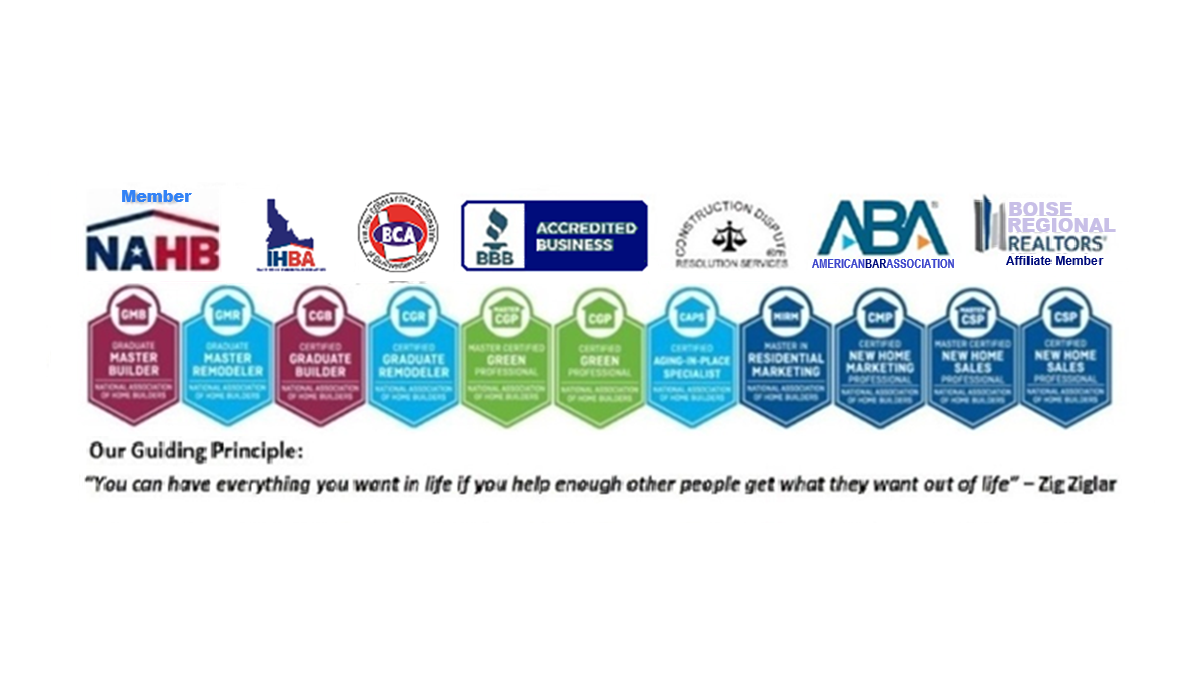Buying a Home Now Could Save You Over $200,000
According to
Realtor.com’s Chief Economist, Jonathan Smoke
, buying a home now could save you more than $200,000 over the next 30 years.
But buying a home costs money – the down payment, the monthly mortgage payment, the taxes, the insurance, and the maintenance. It enough to make you put off the house hunt and sign that yearlong lease with your landlord even though he upped your rent 25% and will likely do the same next year. But even with all of those costs, you still stand to save more than $200,000 over the next 30 years if you buy right now.
At a national level, the 30-year financial benefit of owning today is $217,726. Conversely, there is a financial penalty—for every single day you pay your landlord instead of your mortgage company. Waiting just one year and and you’re losing out on an estimated $18,672 in savings. Delay for three years, and that figure jumps to $54,879.
The penalties are so high because mortgage rates are forecast to increase and because home prices are rising quickly. The economist figures don’t take into account the qualitative advantages of home ownership which many potential home buyers would argue are equally, if not more, important when deciding whether to take the plunge – advantages such as more control over your living situation, flexibility with pets, and, generally, more options
“We’re at a critical juncture: Rents, home prices, and mortgage rates are all expected to rise significantly over the next several years,” Smoke says. “That means the cost of delaying homeownership will go up even more sharply, if you wait three years or even one. It’s much like the decision to start contributing to a 401(k). Delay contributing, and you lose out on the compounding returns.”
Smoke and his team even stacked the deck against owning. For instance, they assumed that any money saved by renters would be invested, and that the investment would enjoy a compound annual growth rate of 5% – consistent with conservative long-term expected market returns. But how many renters are actually saving and investing?
Nationally, it’s currently cheaper to buy than to rent, home prices are expected to appreciate, and, while renting is subject to inflation, homeownership costs are locked.
Strong economic drivers such as job growth, population growth, and household growth in your local market cause both rent and home prices to skyrocket driving the savings even higher.
In order to realize a positive financial benefit from buying a house, owners have to wait for “break-even time periods”—when the transaction costs of buying and selling cancel out. Nationally, that wait time is just over three years.
Smoke says: Nearly 90% of the markets (335 of ‘em) produce a financial benefit of at least $100,000 from owning over 30 years. In addition, almost a quarter of the nation’s markets reap a financial return greater than the national average.


